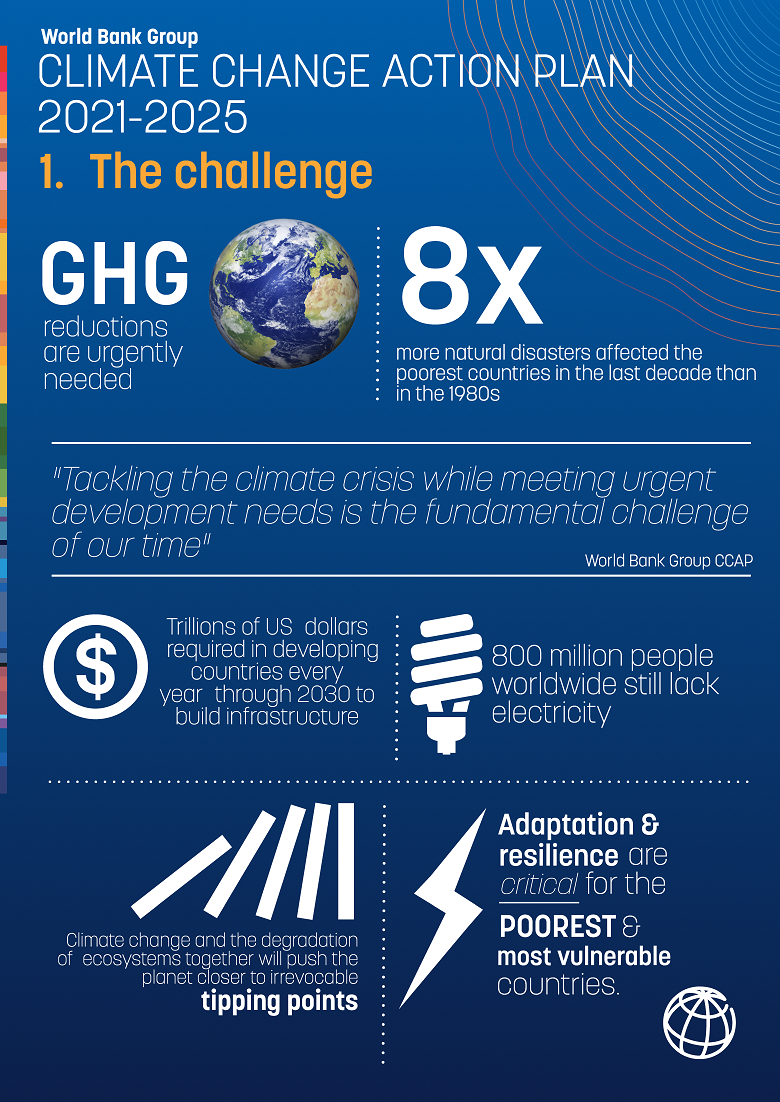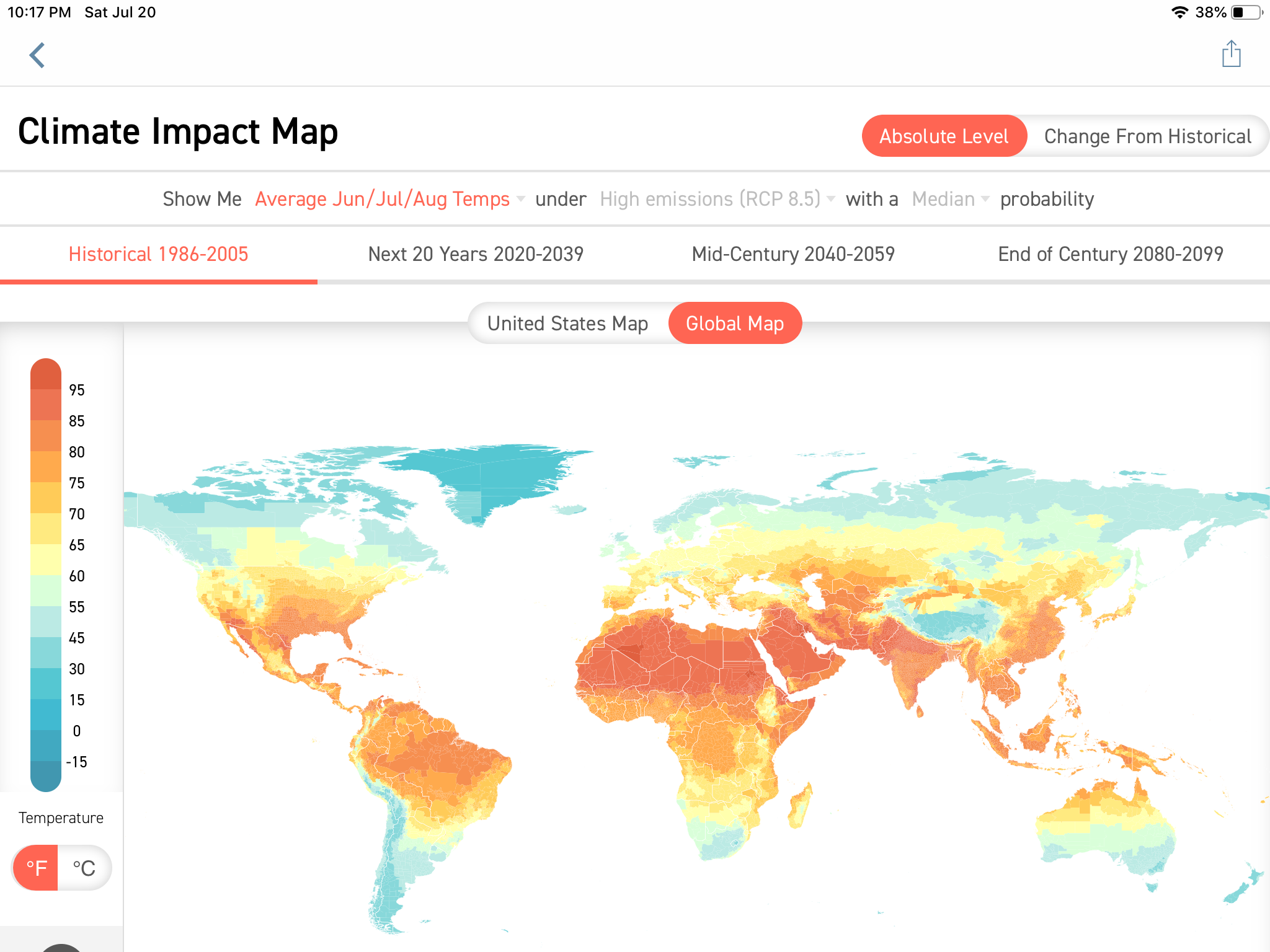2025 Climate Change: What's Ahead? COP30 & Beyond
Will 2025 be a pivotal year in the fight against climate change? The year is poised to be a critical juncture, demanding immediate action and bold commitments to mitigate the effects of a rapidly warming planet.
The trajectory of our planet's health is under intense scrutiny. As we approach 2025, the need for a profound understanding of climate change becomes more urgent than ever. The latest reports from the Intergovernmental Panel on Climate Change (IPCC) paint a stark picture, revealing a relentless rise in global temperatures. This is a warning we can no longer afford to ignore. The consequences of inaction are becoming increasingly evident, from the accelerating disappearance of glaciers to the intensification of extreme weather events around the globe. This situation demands a unified response, a commitment to action that transcends borders and ideologies.
As the world confronts these escalating environmental challenges, significant events and initiatives are scheduled for 2025, each designed to address and attempt to provide solutions for the looming crisis. The United Nations General Assembly has declared 2025 the International Year of Glaciers Preservation (IYGP), highlighting the critical role glaciers play in the global ecosystem and the urgent need to protect them. This declaration serves as a rallying cry, urging nations to prioritize the preservation of these vital resources. The forthcoming COP30, hosted in Brazil towards the end of 2025, is arguably the most significant event of the year. It will convene in Belm, in the Amazon basin, marking the symbolic return to the early days of global environmental action, recalling the spirit of the 1992 Rio Earth Summit. The conference is a critical platform to establish new climate targets and strategize the methods to mitigate the effects of global warming. These collective initiatives emphasize that now is the time for decisive action and unified resolve.
| Event | Description | Significance |
|---|---|---|
| COP30 | The 30th Conference of the Parties to the UN Framework Convention on Climate Change, hosted in Belm, Brazil, in the Amazon basin. | A key platform for setting new climate targets and commitments, marking the early days of global environmental action. |
| International Year of Glaciers Preservation (IYGP) | Declared by the UN General Assembly for 2025. | Raises awareness of the alarming rate at which glaciers are disappearing due to climate change and the need for their preservation. |
| Global Youth Climate Summit 2025 | To be held at the Federal University of Minas Gerais in Brazil. | Aims to empower young people from around the world to address climate change, deforestation, and species extinction. |
| UN Climate Promise 2025 | Initiative to help developing countries align with the 1.5C Paris target. | Increases the opportunity for global climate commitments ahead of COP30. |
The selection of Brazil as the venue for COP30 carries significant weight. The location, in the heart of the Amazon basin, echoes the 1992 Rio Earth Summit, which produced three foundational treaties on climate change, biodiversity, and desertification. That summit was a landmark event, a pivotal moment that laid the groundwork for international efforts to protect the environment. The choice of location symbolizes a return to those early, ambitious days of global environmental action. It is a reminder of the urgency of the challenges ahead and the need for collaborative, transformative action.
The scientific community is working around the clock, generating key predictions and providing critical data to inform policy and action. Climate research is also affected by the political context. Data from the World Meteorological Organization (WMO) indicates that January 2025 was the warmest January on record, even with the presence of cooler La Nia conditions. These trends demonstrate the urgency of adapting to climate change.
The need to transition towards sustainability is paramount. We must ensure that farming practices are sustainable and productive, which is crucial for food security and environmental protection. Climate policies are essential to limit global warming, and national governments are a key force to drive the change. Global warming is a reality we all must navigate. Knowing how much temperatures are expected to increase is vital for effective planning when it comes to reducing emissions and adapting to our changing climate.
The 2025 United Nations Climate Change Conference (COP30) will be a crucial platform for nations to strengthen global efforts to combat climate change. The February 2025 deadline for submitting Nationally Determined Contributions (NDCs) underscores the commitment to accelerate climate action. These are not mere deadlines; they are critical milestones in a race against time, requiring every nation to contribute meaningfully.
The global youth climate summit 2025 will bring together hundreds of young people from the global south and beyond to address the urgent challenges of climate change, deforestation and species extinction. This initiative exemplifies the commitment to empower the next generation of leaders in the fight against climate change. The summit will expand young people's knowledge of climate science, build their skills, and provide a platform for them to voice their concerns and solutions. Their active participation will be essential to the long-term success of climate initiatives. The youth summit is therefore a crucial component of the overall strategy.
The trends also demonstrate that we have the tools we need to decarbonize and that we just need to deploy them faster. We must continue to encourage the adoption of climate-friendly technologies and policies, along with the financial and technical assistance to support these efforts. It is the time to focus on implementing strategies for mitigation and adaptation, including strengthening resilience to climate impacts, enhancing early warning systems, and supporting climate-resilient infrastructure projects. This includes investing in renewable energy sources like solar, wind, and hydropower, as well as improving energy efficiency across all sectors.
The climate challenges are significant, and the solutions require an equally monumental global effort. While progress has been made, many argue that staying below 2C or even the more ambitious 1.5C warming limit is still possible. The UN Climate Promise 2025 is an important step to help developing countries align with the 1.5C Paris target. Every fraction of a degree matters, and every effort contributes to creating a more sustainable and resilient future.
In February 2025, several climate anomalies and events were documented across the globe. According to the NCEI's global annual temperature outlook, there's a 4% chance that 2025 will rank as the warmest year on record. The potential for record-breaking temperatures and intensified extreme weather events emphasizes the importance of proactive planning and rapid implementation of adaptation and mitigation strategies.


